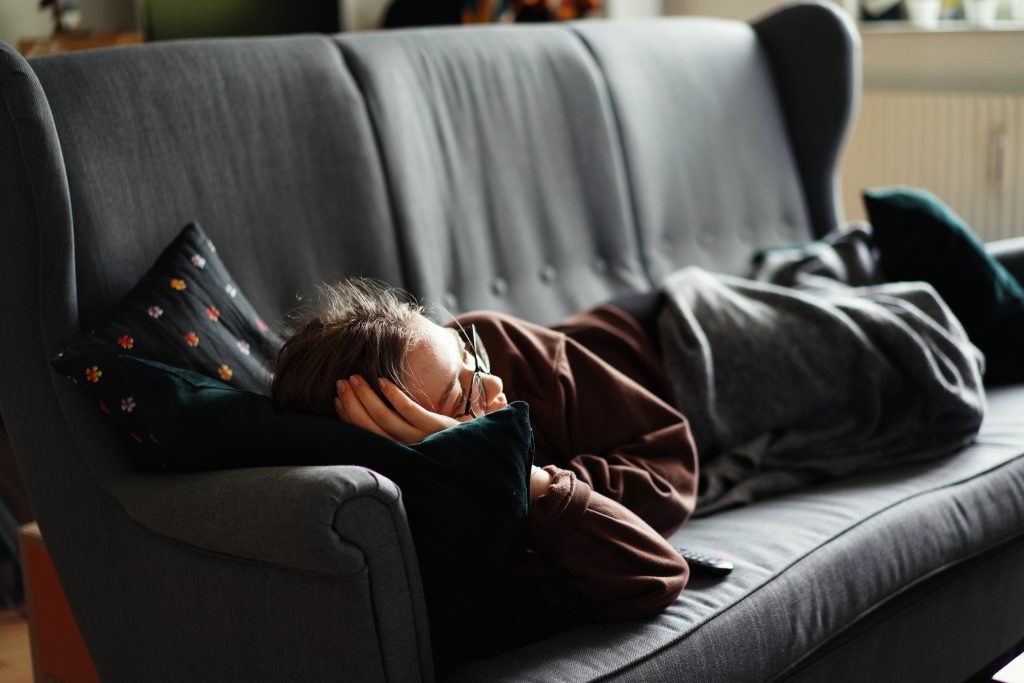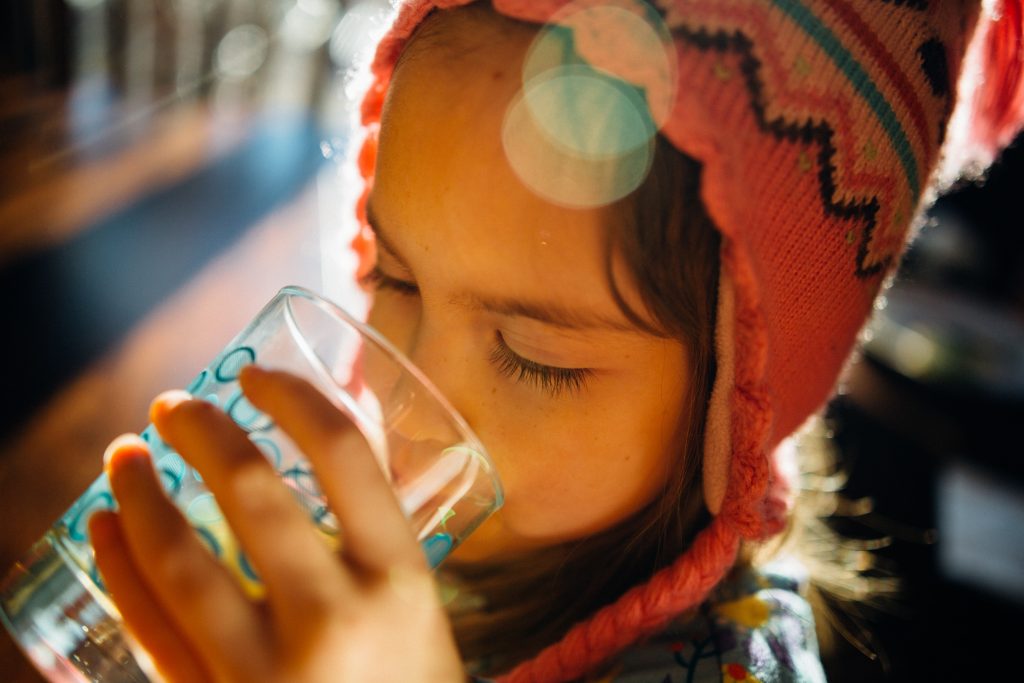Balancing your studies during the holy month of Ramadan can be a challenging task.
Especially in the UK where Muslims fast for more than 15 hours. During the fast, they are not allowed to eat, drink, or smoke anything.
In addition to being deprived of any sort of nutrition during the day, the majority lack sleep because the last meal and prayer are right before sunrise.
Here are some tips to help maintain a healthy life balance during Ramadan:

1. Power naps
Nobody can get a good sleep during Ramadan, but it is more efficient if you divide your sleep into power naps.
During the month students may have morning classes and maybe exams so it will be beneficial to sleep from around 10.00 pm and wake up at around 3.00 am for the last meal and prayer.
Don’t go back to sleep after sunrise to avoid missing morning classes. Once classes are done for the day take a three-hour power nap until Iftar.
his might not be the healthiest sleep routine, but it will help you be present for your classes.
2. Record lessons
It is very important to record your lessons on your phone because even if you are present in all classes your body is in low-power mode. If you record them you can listen again after Iftar and do your notes.
3. Inform your lecturers
Most lecturers will be more attentive to your situation if you tell them beforehand.
This will be beneficial if you miss a class or need help with a certain assignment.
Sara Mettawa, a Muslim student at Kingston University said: “I told all my teachers that I will be fasting for Ramadan.
They were not surprised at all because Kingston University has a big Muslim population. They are very understanding, and they negotiated a study plan during the holy month. Teachers do appreciate the early notice.”
4. High protein and fibre meals
Meals high in fibre and protein are essential in Ramadan both when you break and start your fast because these kinds of meals are nutritious and will keep you full for longer periods of time.
Examples of such foods such as oatmeal, quinoa, and kinds of pasta that include beef, poultry, and seafood.

5. Hydration
The average person drinks about two litres of water per day, but for Muslims during Ramadan, it is essential to stay hydrated.
Aim to drink eight to 10 glasses of water between sunset and sunrise.
Avoid drinking large amounts of water right before sunrise because it will not be helpful as you think and you will still feel thirsty half an hour later.

